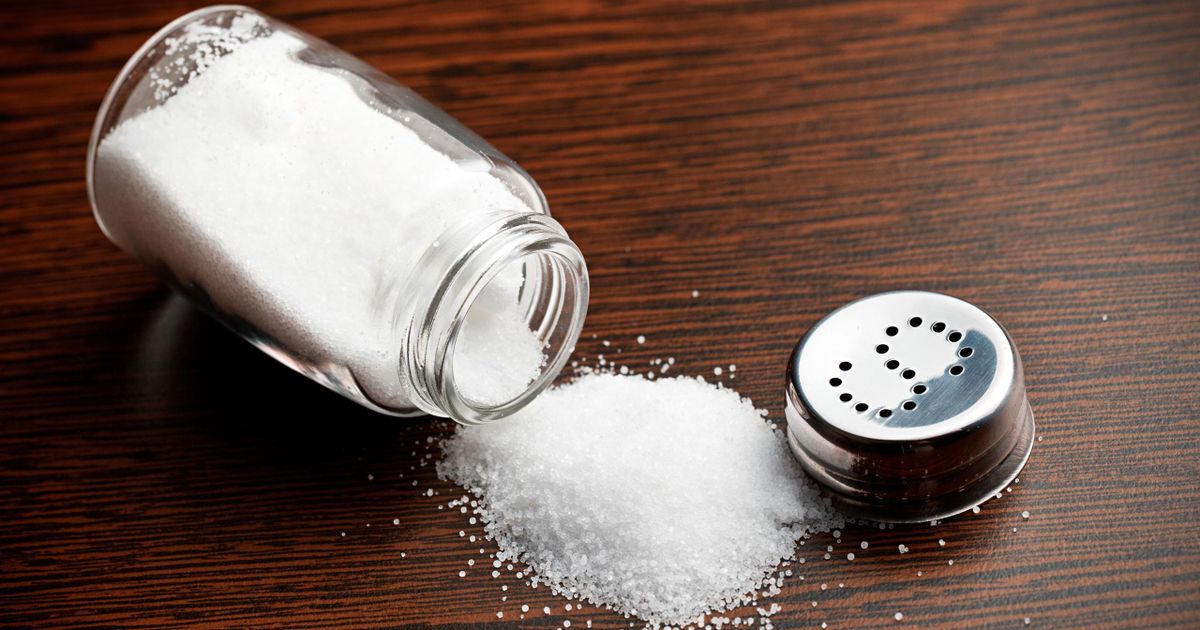Transient Lingual Papillitis Treatment Guide
Transient lingual papillitis is a temporary yet painful condition in which the tongue becomes covered with swollen red and white bumps. These bumps are colloquially known as 'lie bumps' because according to urban legend, they are caused by telling lies. The actual cause of transient lingual papillitis is unknown, but viruses may play a role in some cases. The bumps, or papillae, may resemble pimples and may itch or burn. The good news is they typically go away in a few days without treatment. There are many ways to reduce discomfort while the tongue heals. Learn about these now!
Rinse With Salt Water

One method of dealing with transient lingual papillitis is to rinse with salt water. This easy over-the-counter remedy can provide immediate relief. Patients can implement it by pouring eight ounces of warm water into a glass and mix in half a teaspoon of salt. Once all the salt dissolves, individuals can take a swig and swish it around in their mouth before spitting it out. This should soothe the papillae, and it also kills bacteria in the mouth that might be irritating. Salt water makes the mouth less acidic, which helps reduce irritation to the papillae. Some patients choose to add a little bit of baking soda to the salt water mixture as well, as this neutralizes the acid more effectively than table salt alone.
Get to know the next method of treating transient lingual papillitis now.
